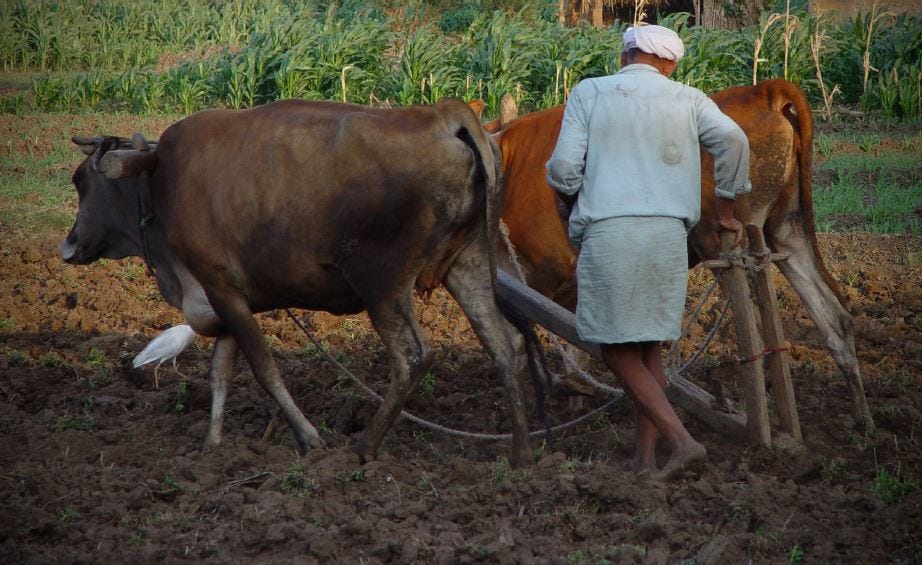In the bustling, modern city of Cairo, along the banks of the legendary Nile River, two opposites are juxtaposed. It’s a strange paradoxical experience. On one bank, my SUV navigates some of the busiest, noisiest traffic of any major city in the world. Vehicles toot loudly, insistently, and jockey for every inch of road space. Skyscrapers line the horizon. Vehicles sport all the elite makes and models we find in every major city. Evidence of all the trappings of modernity is visible. Yet, just a short ride on a felucca (a small, single-masted craft common on the Nile), I find myself on Qursaya, a tiny island, where the lifestyle is not merely behind the times, not merely old-fashioned, it is timeless in the human context. I can discern minor traces of the modern. Plastic sandals and flip-flops protect the feet of the girls and women. Some paper products are visible amidst the rubble. The streets have never been paved. Running water came to the island less than 20 years ago. Buildings are constructed entirely of materials that would have been available anciently. Older men sit on the ground, surrounding a small fire fed by dung chips, drinking tea and telling tales. Younger men are in the fields, tilling with a wooden plow pulled by wood-yoked oxen. Donkeys carry burlap sacks laden with fertilizer of human make. The men and boys work in bare feet. No motors or mechanical devices are to be found on Qursaya. What to make of this paradox?
Just a few miles up the road, the Great Sphinx and Great Pyramid of Giza, and other nearby pyramids, provide evidence of one of the earliest "modern" civilizations in the world. It is a paradoxical notion to have such bustling modernity just a few hundred yards away, and yet have families entirely isolated from all modern conveniences, and completely ancient in their farming and lifestyle practices. Which folks are happier? This brief snippet can't even attempt to answer such a question. However, the question is valid, especially in the context of human flourishing.
Egypt and Cairo are among the world's most ancient metropolises and are operating in the twenty-first century. A small enclave has escaped, or abandoned, or avoided, or shunned modernity, in favor of the most rudimentary lifestyle. The women and children radiated happiness. They were full of laughter as our small group wandered the island. The old men around the campfire were very welcoming, engaging, and inviting of any yarn that our different languages, including rudimentary sign language, could relate. Across the river, we had seen scowls, noisy traffic, rushing feet, blaring horns, and overwhelming busyness. I belong in the twenty-first century. I enjoy my modern conveniences. There is no way to keep the whole world functional if such extravagant poverty were ubiquitous. Still, I am wondering, as this micro-ancient world is juxtaposed with the recent and modern, who is happier, content, flourishing best?
Below is a downloadable PDF version of this article.







